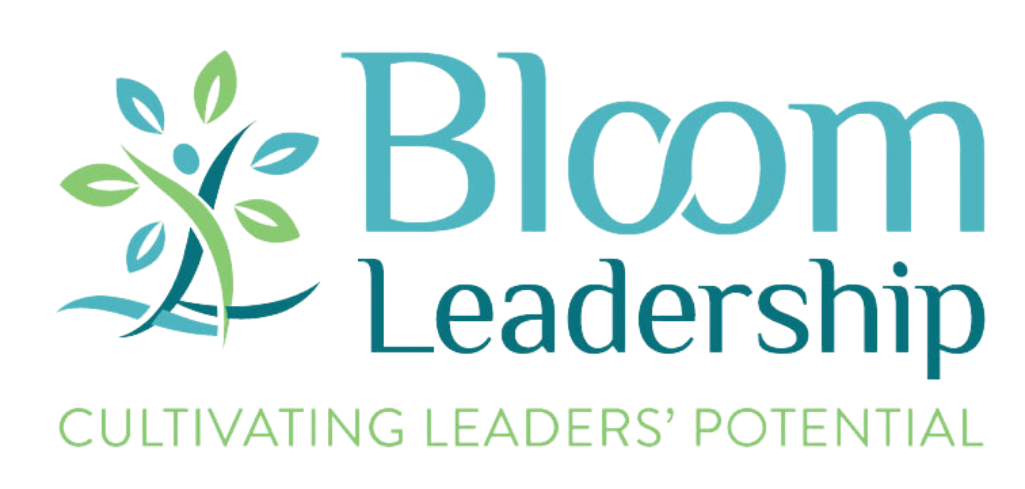Why Hiring Managers Need to Prioritize Balance
With the impending exodus of the Baby Boomers from the workforce, hiring managers have a lot of work ahead of them. Left to fill the gap are Generation X and the Millennials, two very different groups of people. Whereas Generation X is driven by hierarchical goals, monetary rewards, and autonomy, Millennials are motivated by teamwork, training, and social impact.
With these differences in mind, how can hiring managers not only cater to the contrasting groups of workers but also cast a larger net to ensure they maintain a balance between the two?
Hiring managers have a responsibility to look beyond the generalizations and evaluate candidates as individuals, but here are some high-level key motivators:
Generation X
Generation X consists of people aged 37-52 as of 2017. Well into their careers, Generation X believes in hard work and a dividing line between their jobs and home life. These are the people who tend to stay with one company for a significant amount of time, with goals of linear vertical progression through the hierarchy. They choose a job for the monetary rewards and know that their job is their responsibility.
The Corporate Ladder
Of the three key career motivators for Generation X, the potential for quick ascension through the ranks is most important. When hiring members of Generation X, are you offering them the chance to grow? Are you conveying a clear and concise hierarchal process that they can follow? What are their career goals?
Monetary Rewards
Monetary compensation, bonuses, and benefits are still huge driving factors for Generation X when considering a job. Do you have a pension program? What are the perks of the job? Conveying these aspects of a position early on will help hiring managers motivate Generation X candidates.
Autonomy
Generation X feels empowered when they are given a job to do and trusted to handle it based on their own expertise. While Generation X can excel at teamwork, they prefer to have their own clearly defined tasks to handle. During interviews, ask if the candidate prefers teamwork, autonomy, or a mixture. Behavioral questions regarding past experiences will help define this better.
Millennials
Millennials are aged 20-36 as of 2017. Most Millennials are in the early stages of their careers if they’ve even begun at all. Socially conscious and motivated by collaborative efforts, Millennials tend to take horizontal leaps between different companies rather than the traditional vertical climb. Millennials look for fulfillment in a job beyond monetary compensation and have fine or blurred lines between home and work life.
Teamwork
Millennials are strongly ingrained in their organizational culture. They like the idea of working together with their peers to accomplish their tasks and enjoy sharing in the celebration when collaborative goals are met. As with the Generation X candidates, a hiring manager should use behavioral interview techniques to assess a candidate’s preference for teamwork or autonomy.
Social Impact
Millennials are strongly motivated by the desire to make a difference and often prioritize this thought when considering a job. What does your business offer regarding corporate social responsibility? As a hiring manager, be sure to ask the candidate about causes near and dear to their hearts.
Training
Millennials love the opportunity to learn and grow. They thrive on the idea of continuing education and knowledge acquisition. Hiring managers need to advertise a company’s training programs and learning opportunities early on in the hiring process to draw top talent in the millennial generation.
Embracing Everyone
The best kind of organizational culture is one that has many different views and experiences and a diverse background. These differences promote critical thinking and outside-the-box idea generation, giving businesses a competitive edge.
Hiring managers should get comfortable with being uncomfortable, and hire people who will challenge their thinking. Rather than viewing people with different views as opponents, view them as strong allies who will offer different solutions to problems. The aim should be to fill a workplace with unique individuals who can come together and promote education and growth.
Cast a large net when hiring. Use interview questions that assess the three most important considerations for hiring managers: value alignment, motivation, and openness to coaching. As previously stated, hiring managers will need to look deeper than broad generalizations and use their skills to unveil individual drivers and strengths.
Assessing Imbalances
So how can a hiring manager determine who they should be targeting to promote a balanced workplace and organizational culture? Simple: by assessing their current mix. Consider sharing a survey that will help determine if the current culture is made up of very similar people, or if there is a healthy mix of diverse individuals. Is the company growth oriented, or will it be stuck in an endless cycle of sameness?
Adjust the hiring process as needed. Rinse. Repeat. This will allow you to draw top talent to your organization and promote growth, longevity, and success.
Are you looking for more information on recruitment and retention? Contact us today!
Meredith Wailes is the president of Bloom Leadership.
Her goal is to eliminate suffering in the workforce by creating exceptional value and growth for business and entrepreneurs.
For more information on how we achieve this please check out Bloom Leadership.
More of the Latest Insights





